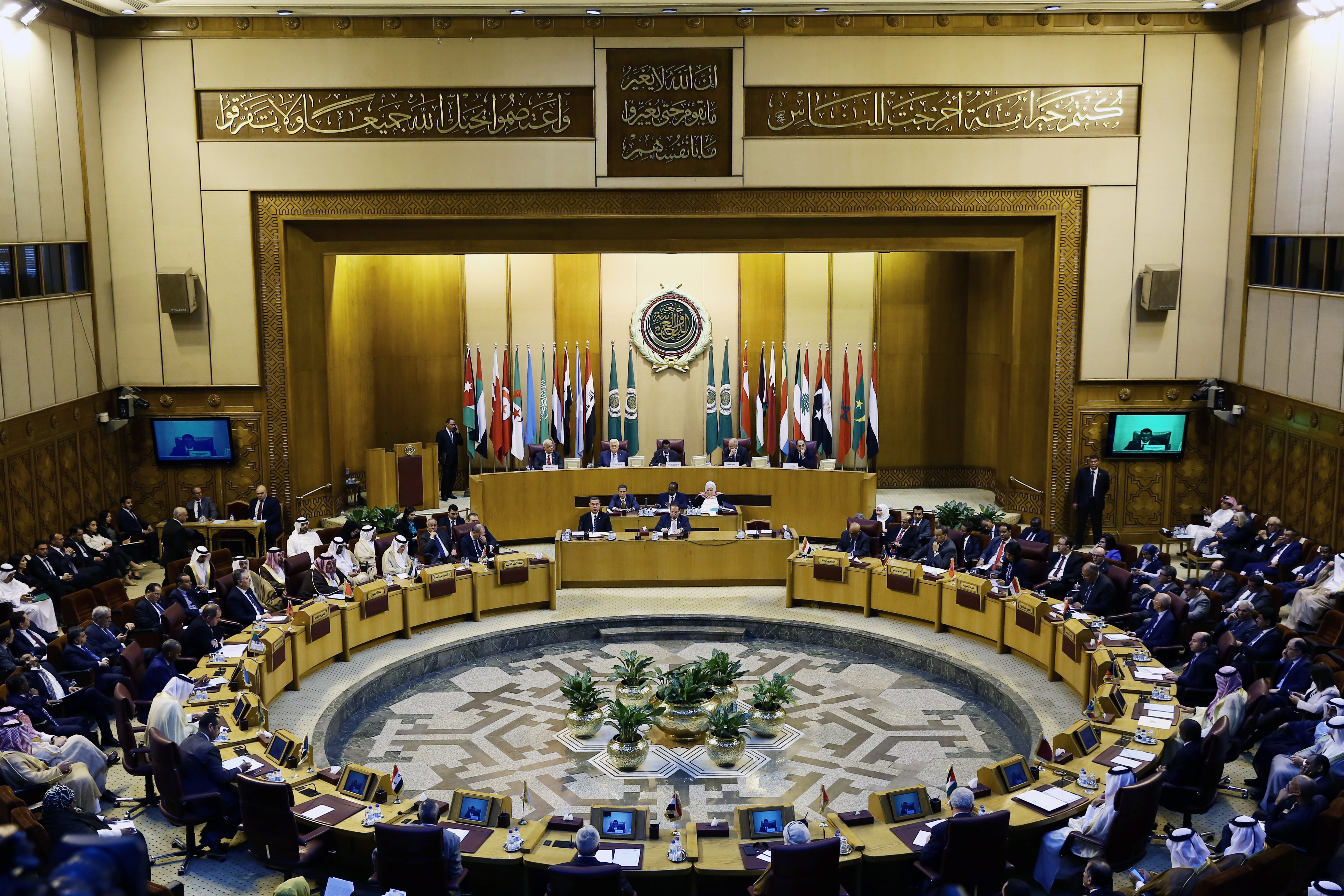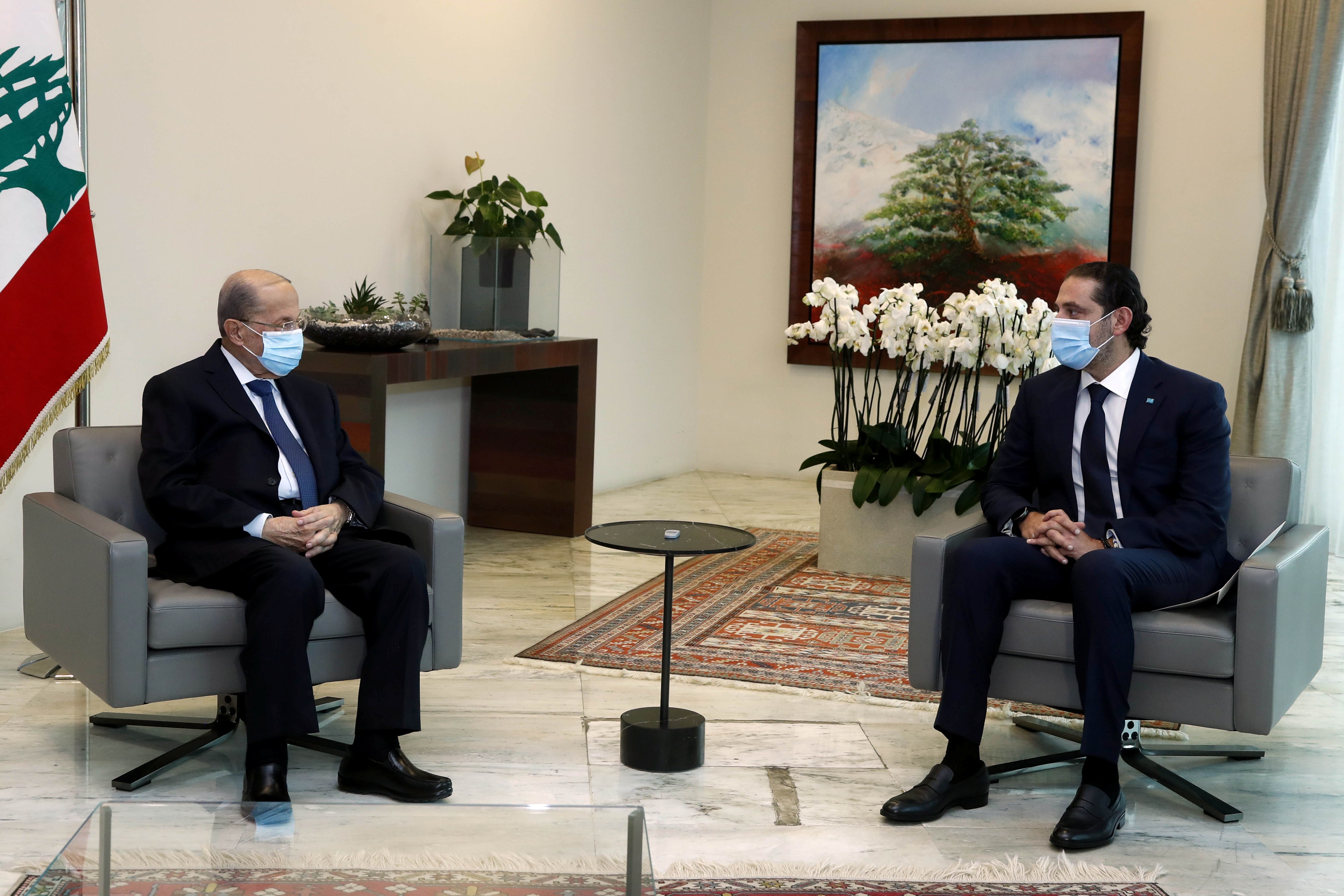Syria's Assad Regime Using Drug Smuggling as a Political Tool
The need to combat drug smuggling from Syria to other Arab countries has contributed to their leaders’ decision to normalise relations with Bashar al-Assad in order to convince him to curb the practice. The dismantling of the Assad-run captagon production and smuggling network is also becoming a priority of Western countries’ Middle East policy due to the increasing flow of the drug into Europe as well.
.jpg) Napoli/Giacomino / Zuma Press / Forum
Napoli/Giacomino / Zuma Press / Forum
Drugs in Syria
The presence of Syrian government-backed smuggling networks in Syria and Lebanon even before the Syrian civil war began in 2011 (until 1997, Syria was listed as a “narco-state” on the U.S. government’s list) constituted the foundation for the Assad regime’s involvement in drug trafficking, mainly a drug called captagon (this colloquial name uses the trademark of a drug manufactured by the German pharmaceutical company Degussa Pharma Gruppe in the 1960s and 1970s). At the start of the war, the emergence of smugglers was aided by the disintegration of law enforcement agencies. In later years, Assad himself dominated the trade, thanks in part to the support of Hezbollah, which had been involved in drug smuggling and production (mainly hashish) since the 1980s.
Captagon was a popular medicine in Europe in the 1970s for treating attention deficit disorder. It contained the amphetamine-like phenethylline. In view of its strong addictive properties, it was banned in Europe in the 1980s. In subsequent years, criminal organisations smuggled pills remaining in European warehouses. They also spread the production of a similar amphetamine-containing substance, mainly in Turkey and Bulgaria, while retaining the name captagon. However, when Turkish and Bulgarian authorities began an intensive crackdown on the practice in the early 2000s, the laboratories moved to Syria and Lebanon.
Production in Syria spread especially during the civil war. Jordanian authorities estimate that in the southern Syria alone, drug trafficking may involve as many as 160 groups. However, it is primarily the Assad regime that profits from the practice. The regime has led to the production of captagon on an industrial scale. Its most important centres are Damascus, Latakia, Eastern Ghouta, Aleppo, Al-Qusayr, and Homs, as well as other towns under Assad’s control located near ports and border crossings. Drug sales provide the regime with 90% of its foreign exchange receipts—the value of legitimate Syrian exports in 2021 was $800 million, while the captagon seized by the narcotics services was worth about $6 billion. The estimated annual value of all Syrian captagon exports is up to $30 billion (by comparison, drug smuggling from Mexico to the U.S. is about $5-7.5 billion annually).
Smuggling Network
The Persian Gulf states, and Saudi Arabia in particular, are major smuggling destinations. Contributing to this are rapid urbanisation, a high percentage of unemployed youth (24% of those under 24 in Saudi Arabia), and high economic inequality due to the situation of labour migrants who make up the majority of the subregion’s population. These factors, as well as the entertainment offerings limited by conservative mores, have made the consumption and sale of captagon prevalent among youth and migrants.
The two main smuggling routes to the Persian Gulf are by land and through the Mediterranean Sea, with the exact transit points changing depending on political considerations. On the land route, the most important smuggling country is Jordan, where 12 of the 37 significant interceptions in 2021 were recorded. In 2022, its authorities seized 33 million tablets—50% more than in 2021. At the same time, the intensification of the fight against smuggling in Jordan increased the importance of the route through Iraq, also from areas of Syria controlled by the opposition Syrian Democratic Forces. In the first half of 2022, Iraqi authorities seized more than 11 million tablets from Syria, compared to 0.2 million in 2021. At the same time, seizures in Lebanon dropped sharply after Saudi Arabia banned the import of Lebanese agricultural products in April 2021 due to the drug often being hidden in fruit.
Captagon is also trafficked by sea through Libya and sometimes Yemen. Soldiers of the Syrian army’s 4th Division use official and unofficial ports in Latakia and Tartus. Captagon is also increasingly making its way to Europe. In 2020, Italian services in Salerno confiscated 14 tonnes of pills bound for Saudi Arabia and Libya, as well as European markets. In contrast, 8 million pills were seized in Greece in late 2018 and early 2019. The further expansion of routes is also indicated by the seizure of 95 million pills in Malaysia in 2021. These transit points are at the same time a target market for captagon, the consumption of which is becoming a problem especially in countries where the political situation makes it difficult for security services to function (e.g., Iraq or Lebanon), access to healthcare and addiction treatment is extremely limited, and societies are poor and traumatised by armed conflict.
Political Influence
Although Western and Arab states recognise the production and smuggling of captagon as one of the key policy issues facing Syria, they have radically different approaches to solving it. Arab states are convinced that ending the isolation and sanctions against Assad will reduce the presence of captagon in the region. This would be facilitated by resuming trade and foreign investment, from which the regime would reap legitimate profits. Assad’s fight against smuggling was one of the conditions of Jordan’s plan to fully normalise relations with Syria. Shortly after it was reinstated as a member of the Arab League, an important drug trafficker was killed in a raid on Syrian territory most likely carried out by Jordan, indicating Assad’s commitment to cooperate in countering smuggling. At the same time, Syrian authorities are blaming the rebels for the growth of trafficking, which they are trying to prove with small captagon intercepts linked to the opposition. They are also using accusations of smuggling to dislodge their opponents—in 2018, they confiscated 2 million tablets allegedly belonging to relatives of the president who were in conflict with Assad and the militias supporting him at the port of Latakia.
From the perspective of Western countries, normalisation with Assad is impossible due to the war crimes and crimes against humanity his regime has committed. Its direct link to drug trafficking has contributed to further sanctions and the search for new tools to combat the practice. In June, the U.S. published a strategy to combat drug production and smuggling from Syria, and in 2022 the State Department’s Bureau of International Narcotics Control and Law Enforcement established anti-drug programmes in Jordan to support security forces there. The U.S. has also imposed sanctions, including on Assad’s immediate entourage over links to drug production and smuggling. Maher al-Assad, Bashar’s brother and commander of the 4th Division, which has tortured opposition figures and civilians and is now involved in captagon trafficking, has also been sanctioned since 2011. In April, the European Commission also joined the sanctions related to trafficking, covering 25 individuals and eight companies.
Conclusions and Perspectives
In the narrative about Syria’s future, Arab states will use the drug trafficking issue to demonstrate the ineffectiveness of Western sanctions. In reality, however, it was the previous ties to drug production and sales in the region and the experience of Assad-supporting Hezbollah in this regard that were decisive in its involvement in captagon trafficking. Given that actors that remain key to the regime’s survival—the army and Hezbollah—are involved in the procedure, it would have been too risky for Assad to hinder them from profiting from drug production. Such actions could result in conflict between the president and his supporters getting rich from the drug trade. For this reason, the only guarantee of Syria’s involvement in combating smuggling would be a process of political transition, but the ongoing normalisation of relations with the Assad regime will most likely make this impossible.
Engagement in smuggling has proven to be an effective tool in forcing political decisions favourable to Assad. This indicates that in the near term, the Syrian regime will try to limit it only slightly by taking ad hoc measures like arresting minor and opposition-linked vendors to encourage Arab leaders to continue cooperation. There is also a risk that the desire to improve relations with the Gulf states and the intensification of the Arab governments’ anti-drug efforts will contribute to the diversion of more captagon smuggling to European markets. To prevent this, the EU could increase its involvement in controlling sea lanes in the Gulf and Mediterranean. In turn, supporting Arab governments in collecting data on drug production and smuggling will help counter the narrative about the influence of Western countries’ policies toward Syria on the spread of smuggling.





.jpg)